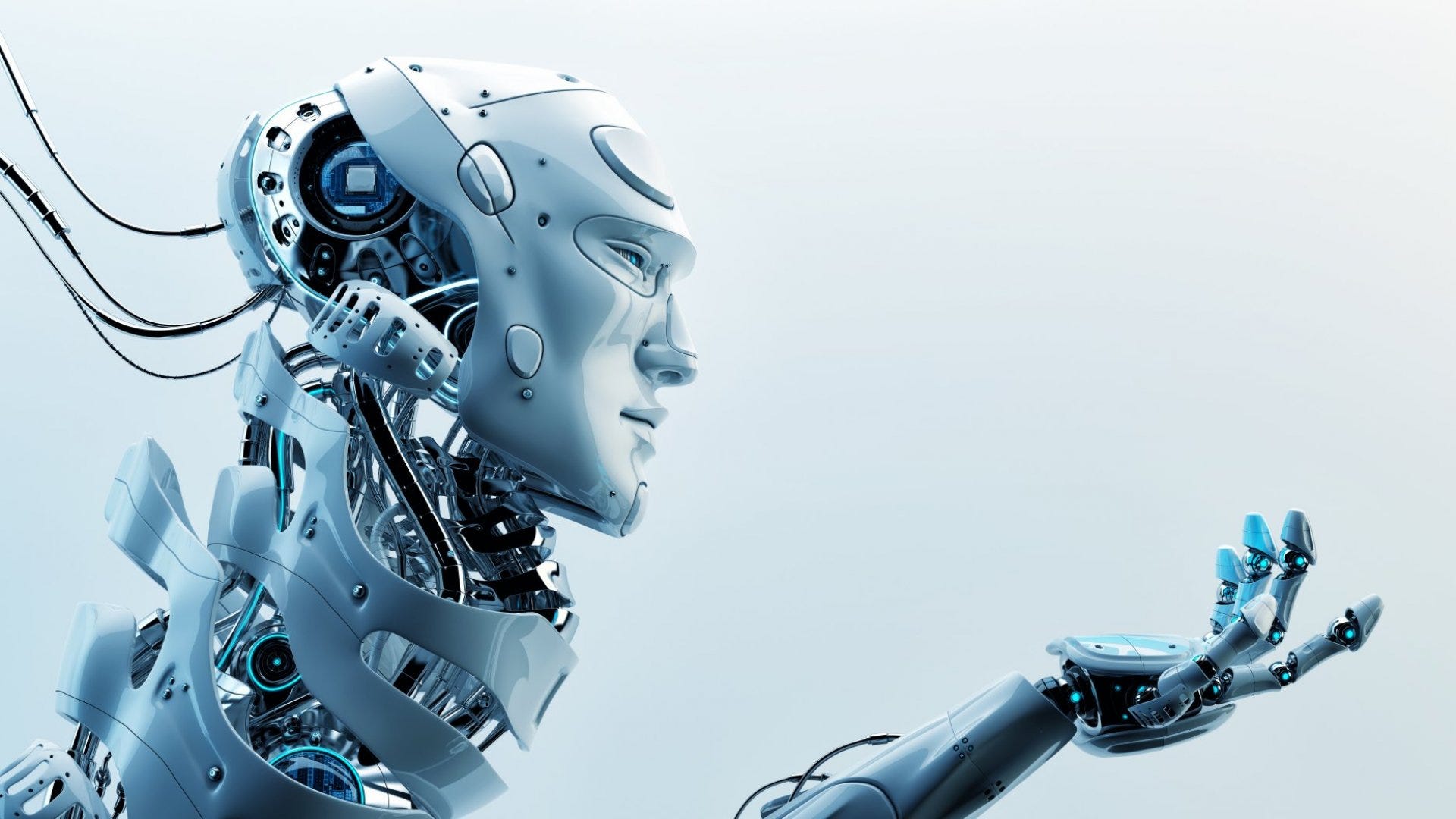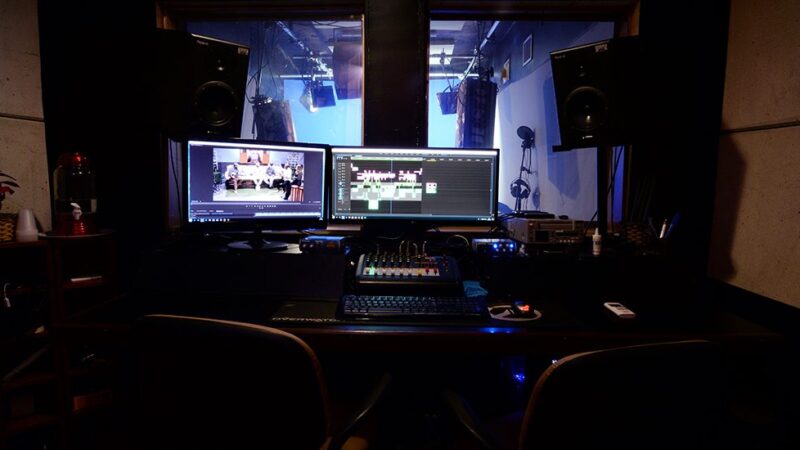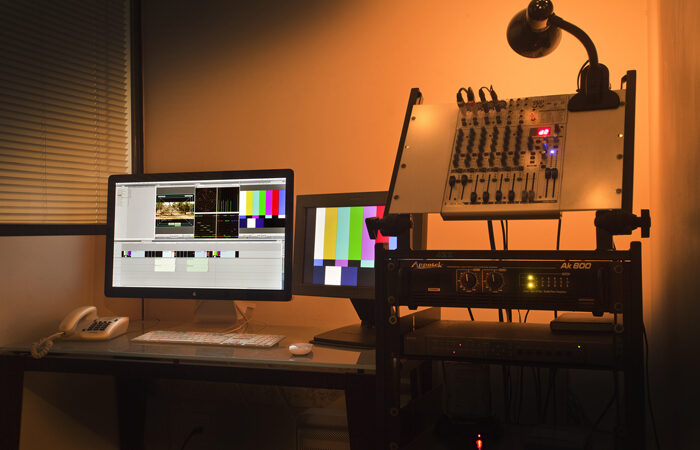The Dark Side of Innovation: Why We Should Fear Technological Advances

Innovation has long been hailed as the driving force behind progress and prosperity, propelling humanity forward and solving some of our most pressing challenges. However, amid the excitement and optimism surrounding technological advances, there lies a darker side—a side that raises concerns and instills fear in many. In this article, we’ll delve into the reasons why we should fear certain aspects of technological innovation and the potential consequences they may bring.
Unemployment and Job Displacement
One of the most significant fears associated with technological advances is the potential for widespread unemployment and job displacement. Automation and AI have already begun to replace human workers in various industries, from manufacturing and retail to transportation and customer service. As machines become more sophisticated and capable, the fear is that millions of jobs will be lost, leading to economic hardship and social unrest.
Growing Economic Inequality
Technological advances have the potential to exacerbate existing economic inequalities, widening the gap between the rich and the poor. As automation and AI increase productivity and drive profits for corporations, the benefits often accrue disproportionately to those at the top, while lower-skilled workers struggle to find meaningful employment. This widening wealth gap can lead to social instability and resentment, further fueling fears about the consequences of technological innovation.
Loss of Privacy and Surveillance
The proliferation of technology has also raised concerns about privacy and surveillance. From facial recognition software to smart home devices and social media platforms, our every move is increasingly tracked, monitored, and analyzed by corporations and governments. The fear is that this erosion of privacy could lead to a dystopian future where individuals are constantly under surveillance, their every action scrutinized and controlled by powerful entities.
Ethical Dilemmas and Moral Ambiguity
Advancements in fields like biotechnology, artificial intelligence, and robotics have given rise to ethical dilemmas and moral ambiguity. Questions about the ethics of gene editing, the use of autonomous weapons, and the potential for AI to surpass human intelligence raise profound concerns about the future of humanity. The fear is that unchecked technological innovation could lead us down a path fraught with ethical pitfalls and unintended consequences.
Environmental Degradation
While technological innovation has the potential to address environmental challenges, it also poses risks to the planet. The relentless pursuit of economic growth and technological progress has led to overconsumption, pollution, and habitat destruction on a global scale. The fear is that if left unchecked, our quest for innovation could irreversibly harm the environment, threatening the very survival of life on Earth.
Loss of Human Connection
In our hyper-connected world, there’s a growing fear that technological innovation is eroding human connection and interpersonal relationships. Social media, smartphones, and virtual reality technologies have made it easier than ever to communicate and connect with others, but they have also created barriers to authentic human interaction. The fear is that as we become increasingly reliant on technology to communicate, we may lose touch with what it means to be truly human.
Conclusion
While technological innovation has the power to transform our world for the better, it also carries risks and consequences that cannot be ignored. From unemployment and economic inequality to privacy concerns and environmental degradation, the dark side of innovation looms large, casting a shadow over our collective future. As we continue to push the boundaries of what’s possible, it’s essential to approach technological advancement with caution and foresight, mindful of the potential risks and implications for society.






